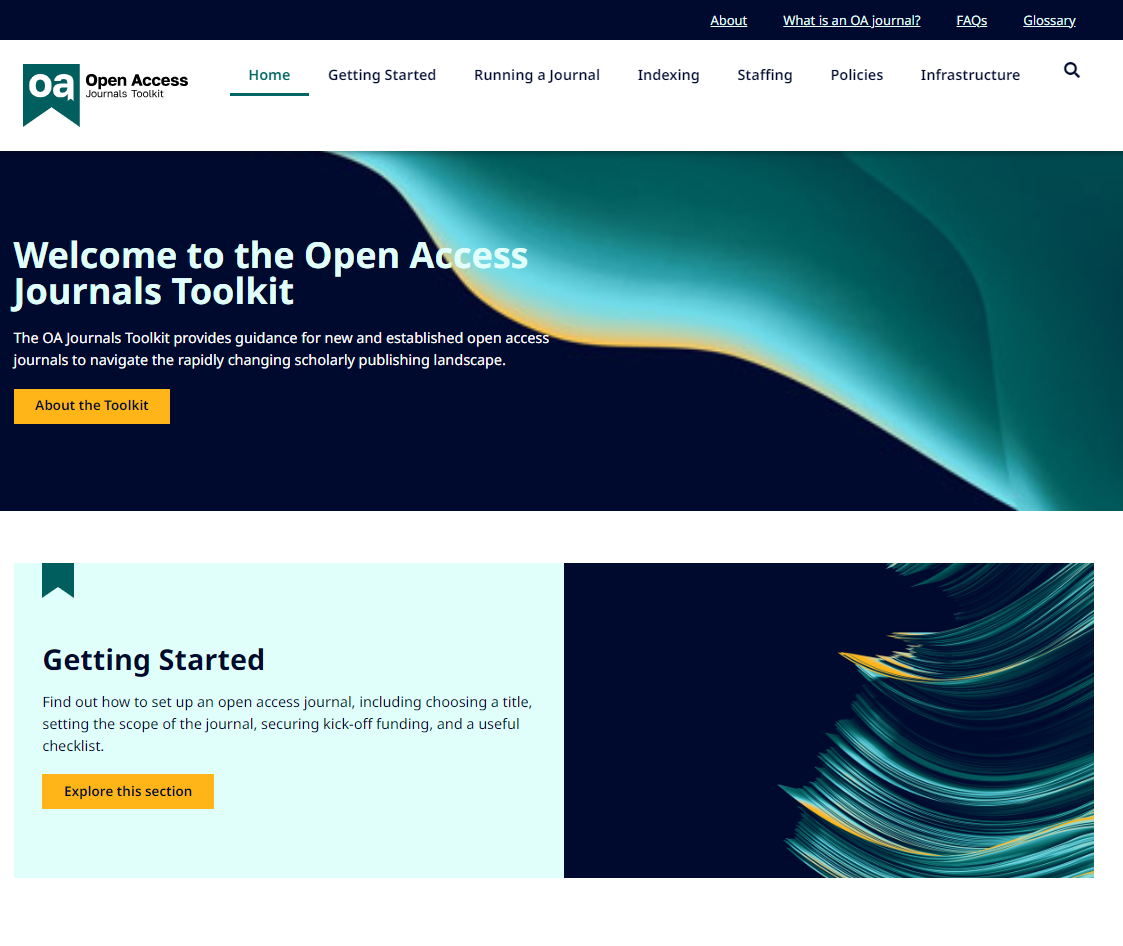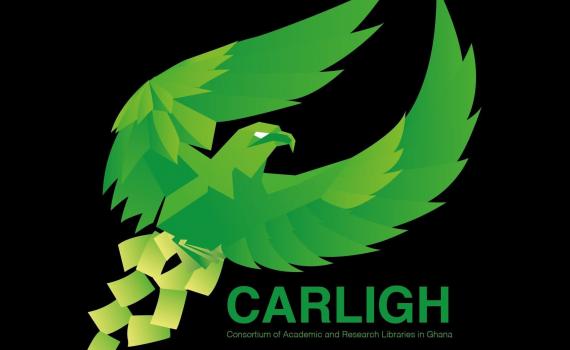Five years of Plan S: a journey towards full and immediate Open Access
In September 2018, a group of national research funding organizations, with the support of the European Commission, rallied behind an initiative to make research publications openly accessible to all: Plan S. These visionary organizations came together as cOAlition S, and adopted a set of 10 principles that were intended to function as a catalyst for the accelerated transition to full and immediate Open Access. In five years, cOAlition S has grown from a dozen to a network of 28 funders. This is a good moment to reflect on what has been achieved so far, says Johan Rooryck, Executive Director of cOAlition S.




